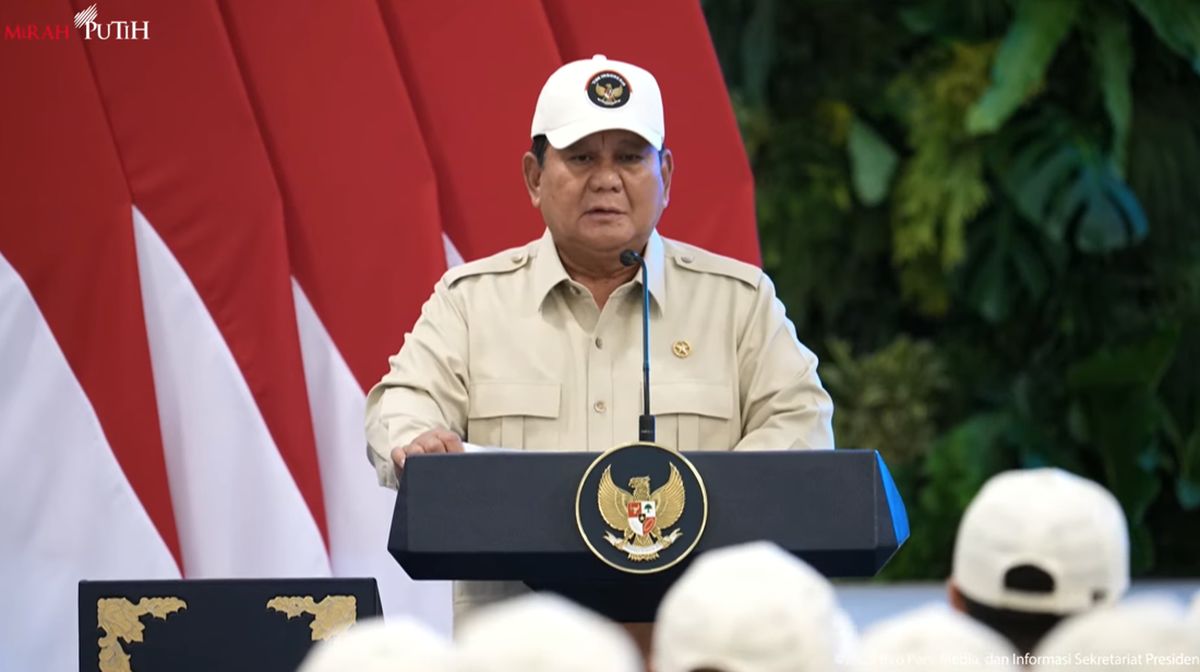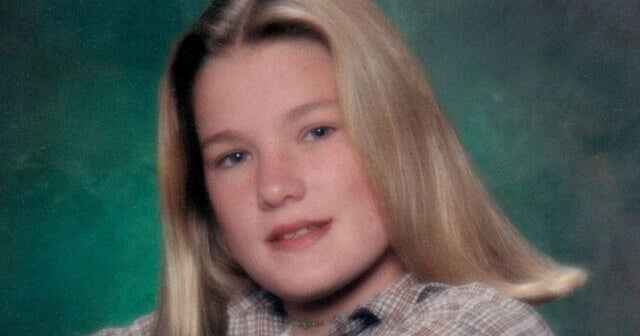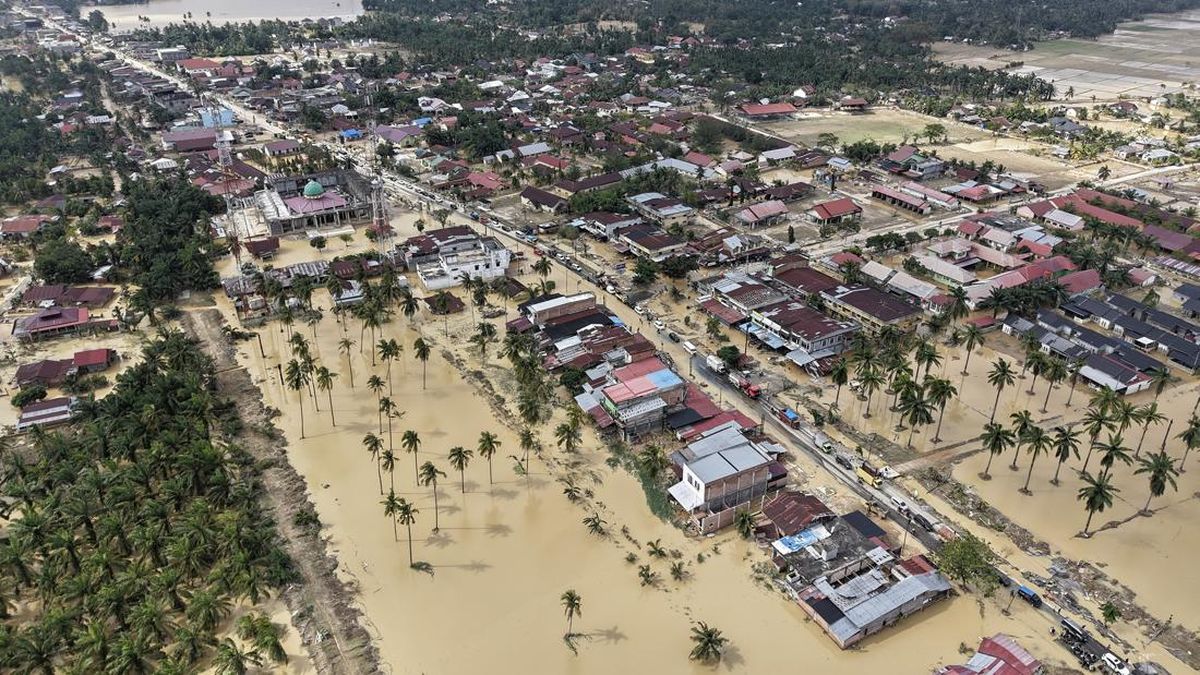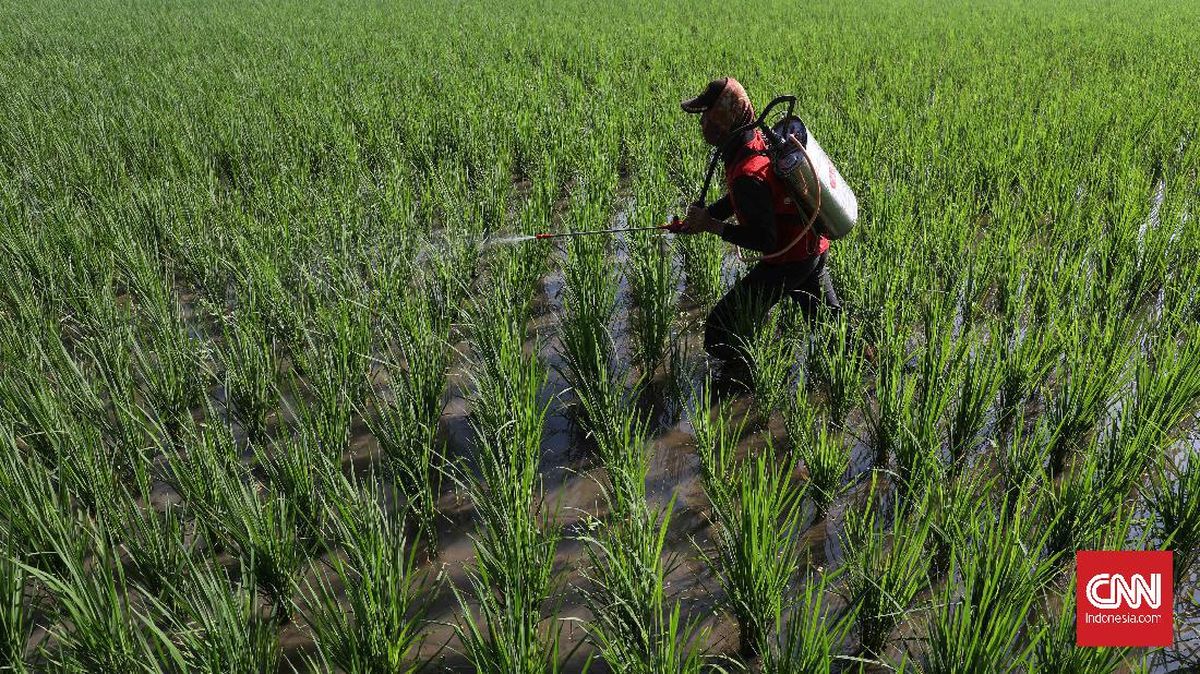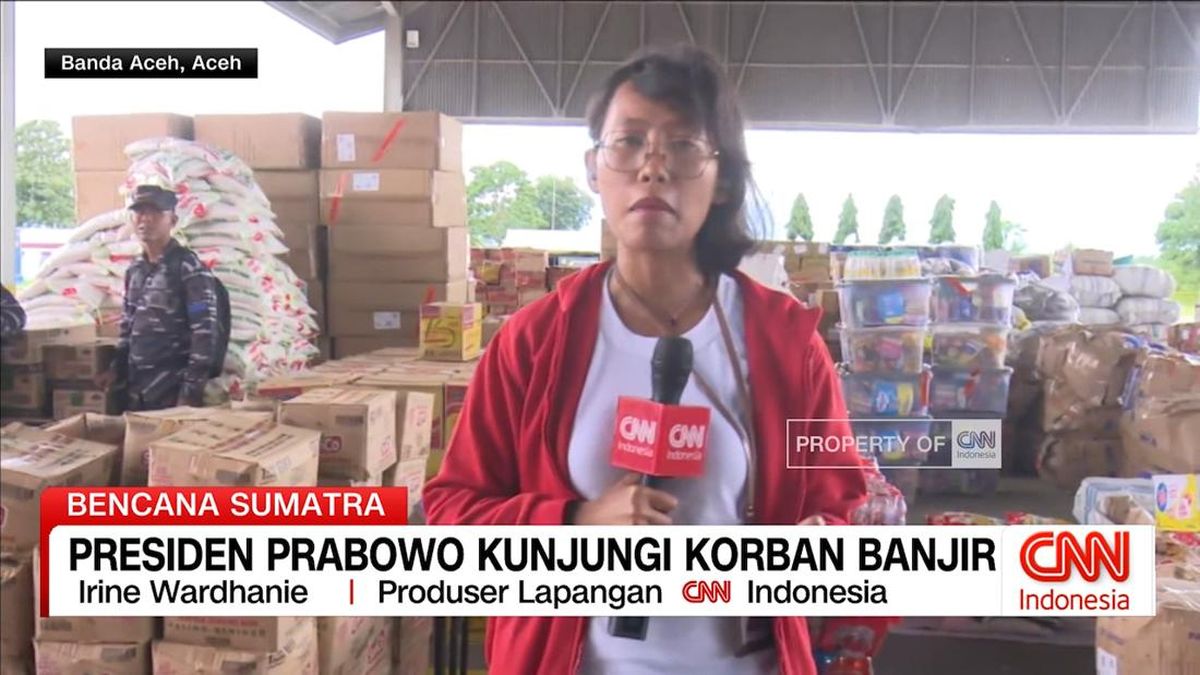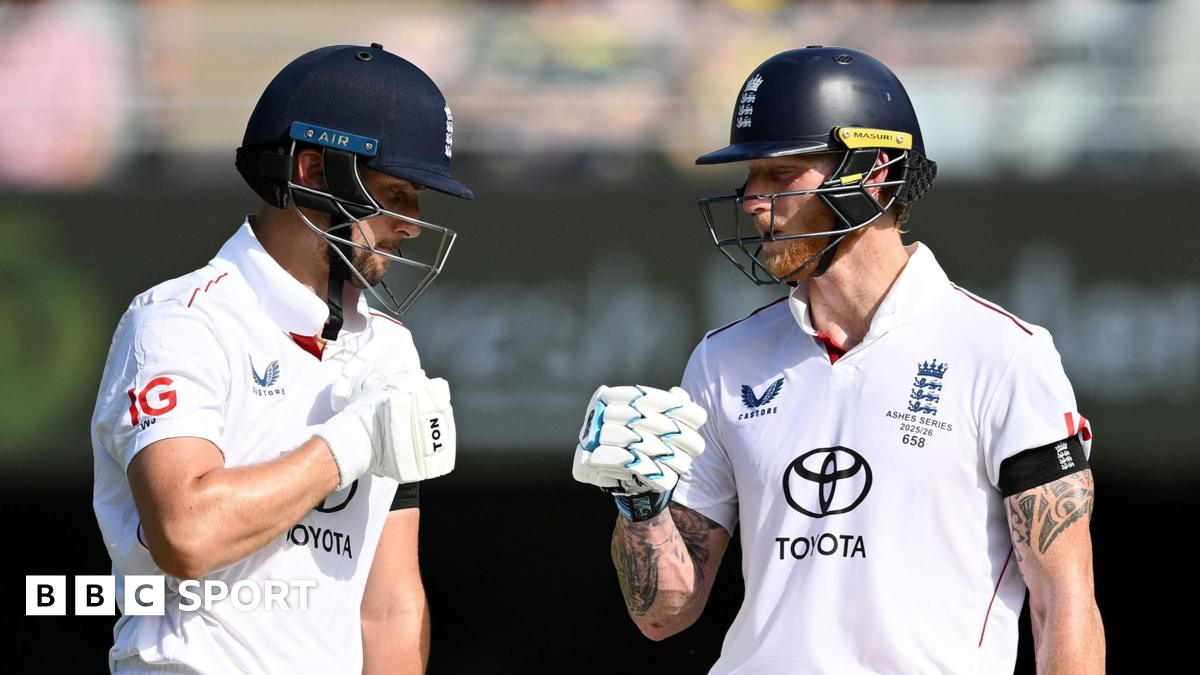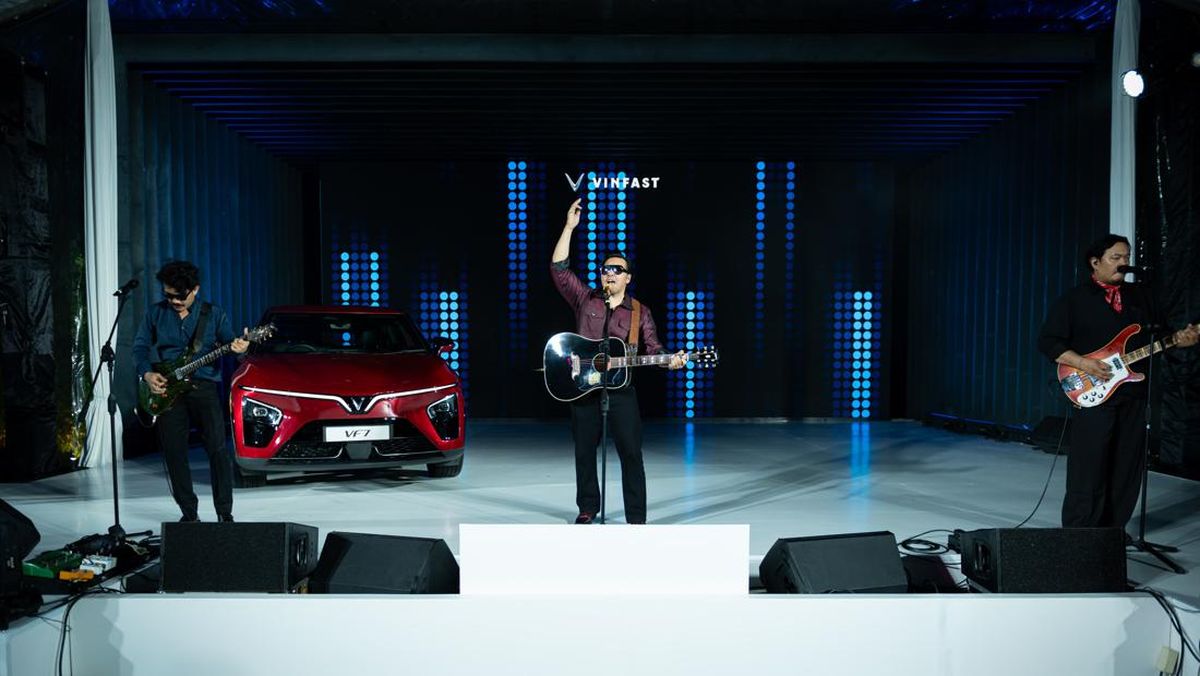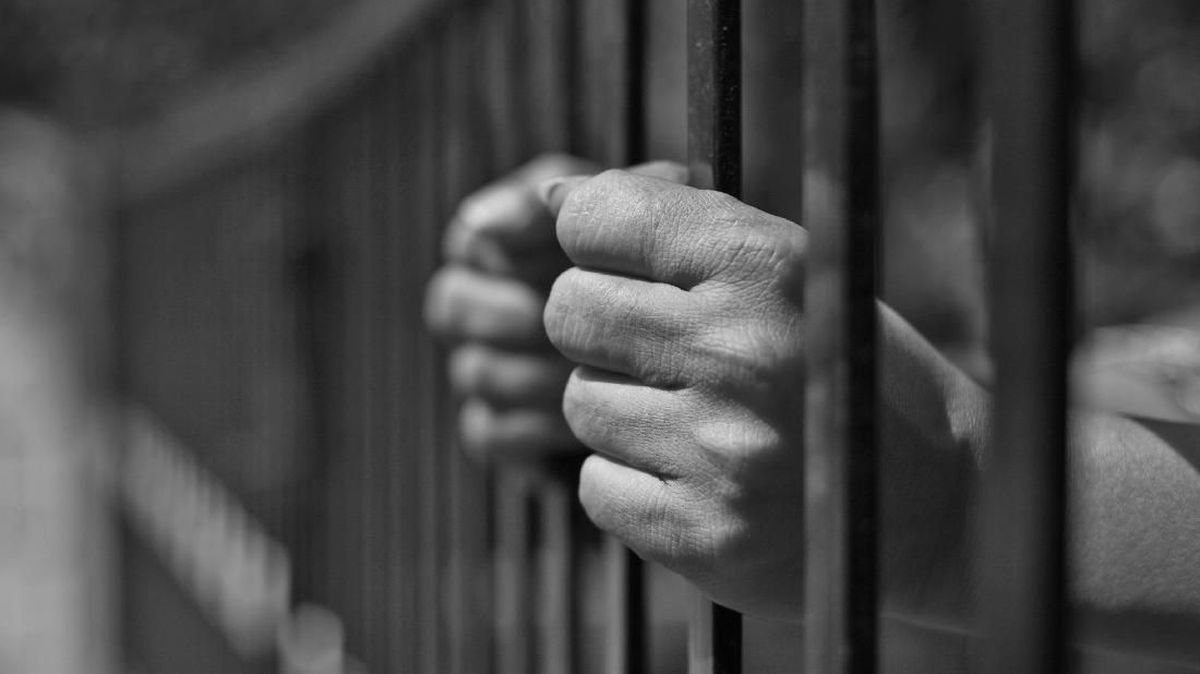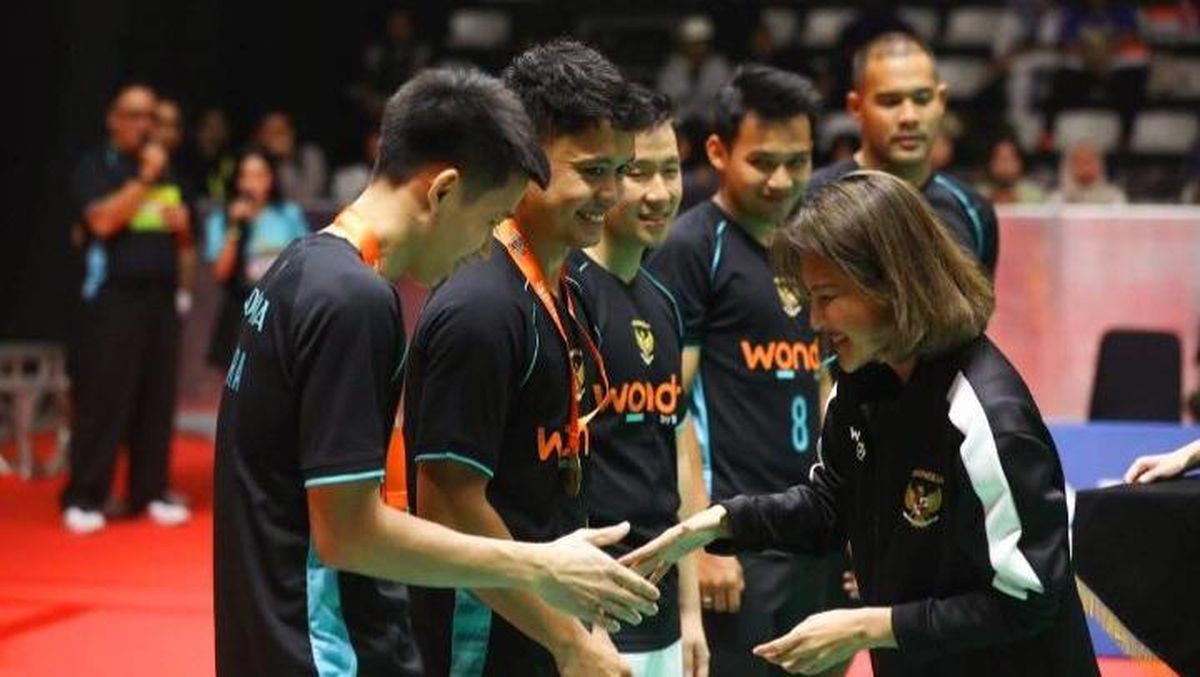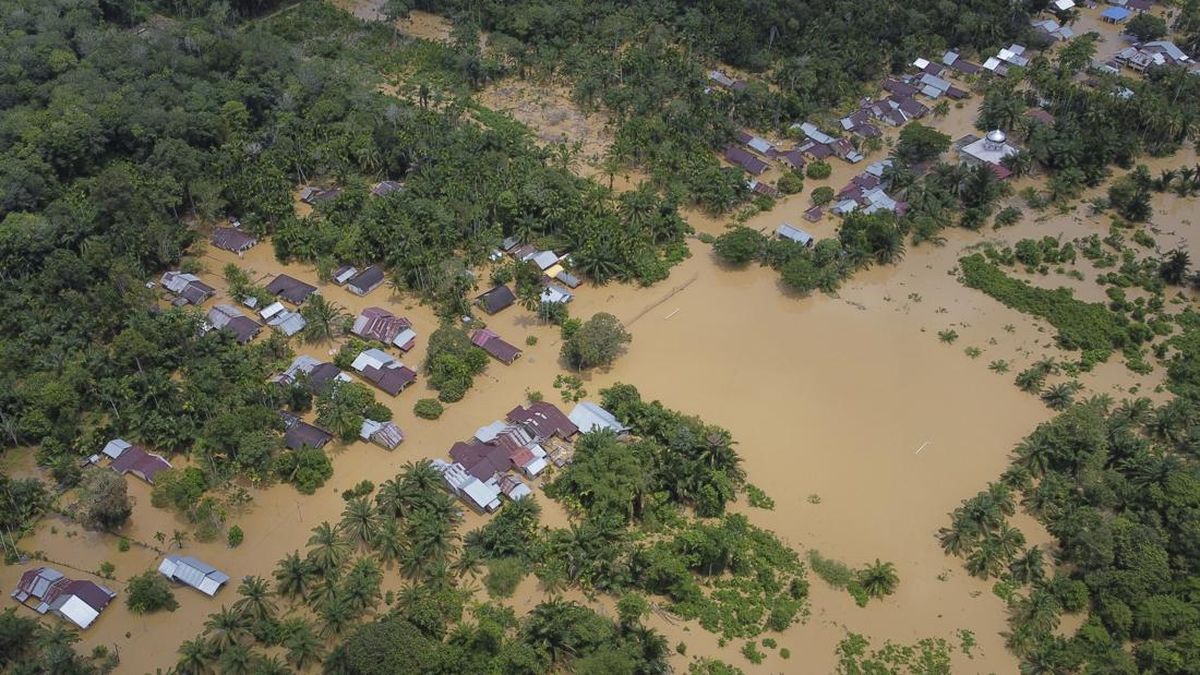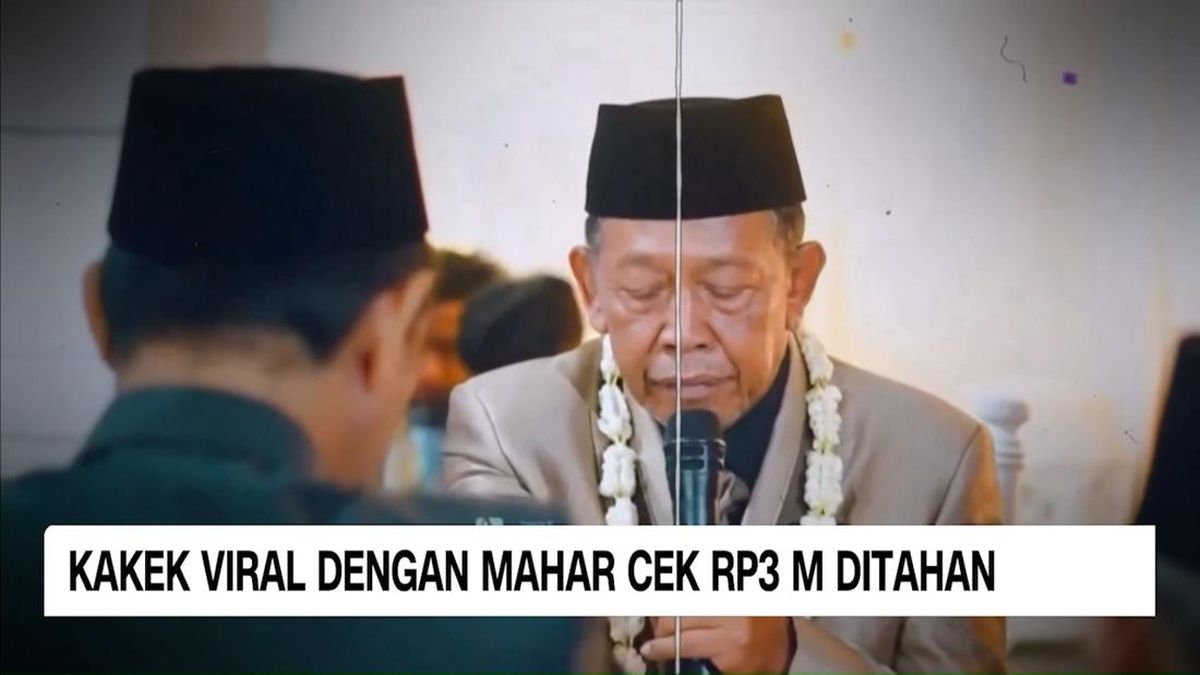Senator David Pocock has been cancelled by the leadership of the Parliamentary Sports Club because of his criticism of the gambling industry, which funds the club (“Independent MPs boycott parliament sports club after ban”, October 11). He is no longer welcome at the club’s events. How many more cosy arrangements funded by moneyed interest groups are in place? Is there oversight of this insidious buying of favours? Is it declared on any registry? Which members of parliament belong to this club? And which steps might the government take to rid our parliament of such arrangements, which go against the will of the people and undermine our democracy? Stein Boddington, St Clair
Sadly, the whole kerfuffle over David Pocock’s membership of the Parliamentary Sports Club shows the feds are as weak as the NSW government in their approach to sports betting and, by extension, poker machine controls and regulations. The issue also confirms the problems that exist in the world of political lobbying. The solution? I wish I knew, but strong leadership with clear positive policies would be greatly appreciated. Pigs at one o’clock, Biggles. Aidan Cuddington, Umina Beach

Senator David Pocock brought to light details of a parliamentary sporting clubCredit: Alex Ellinghausen
The prime minister says that the time he has participated in the Parliament Sports Club is zero this year. The involvement of the gambling lobby should also be zero. Thanks to David Pocock, this disgraceful situation has been brought to light. On this issue, the PM has dropped the ball. Judith Campbell, Drummoyne
Like grass between the elephant’s toes, anti-gambling advocacy by an elected senator is trampled on by the weight of Responsible Wagering Australia’s cunning presence in Parliament House sports club. The cosiness of that sponsorship is extraordinary advertising and influence disguised as a service. Anne Eagar, Epping
All the way with Senator David Pocock. If his assertions are true and the gambling industry is in any way funding what is supposed to be a fun club, I reckon the PM should certainly cease to be president. John Rome, Mt Lawley (WA)
As someone who has helped organise social sporting events in our hospital for years, I would like to know why our politicians need sponsorship of thousands of dollars to have a game of touch footy? I am sure between them, they could buy a ball, a few cones and a whistle. The insidious gambling lobby must have thought it was a gift when they get to hang out with our legislators for a few thousand dollars. Good on you, David Pocock, for calling them out. Bill Munro, Gosford
Peace of the pie
So there is some justice left in this increasingly troubled world (“Venezuelan democracy campaigner wins Nobel Peace Prize”, smh.com.au, October 11). Bouquets to the Nobel Peace Prize committee and this year’s recipient, Venezuela’s Maria Corina Machado, a woman in hiding who has bravely fought for democracy in her country. Trump will no doubt lick his wounds, complain bitterly, polish his gargantuan ego and continue his “peaceful” pursuit of retribution against his perceived enemies, tariff wars against friends and foe alike, keep sending in the National Guard to stop violence in cities where it does not exist in the form he says it does, and of course have his Department of War continue the illegal killing of “narco-criminals” at sea. Don’t worry, Donald, there is always next year, and the year after. Just keep up the good work and hope. Donna Wiemann, Balmain

Maria Corina Machado, winner of this year’s Nobel Peace PrizeCredit: AP
In accepting the Nobel Peace Prize, Maria Corina Machado’s graceful acknowledgment of Donald Trump’s support for democracy in Venezuela stands in stark contrast to his petulant response to her achievement. A simple message of congratulations must have been a bridge too far for the president. Vicky Marquis, Glebe
Following the predictable response to the decision of the Nobel committee, may I propose the addition of the word “Tantrump” to the dictionary? Tim Parker, Balmain
Nominees more worthy than Donald Trump have missed out on the Nobel Peace Prize. They include Dr Catherine Hamlin (1914-2020) from Sydney. She and her Kiwi husband, Reg, were obstetricians who established the Addis Ababa Fistula Hospital in Ethiopia. Later widowed, Dr Hamlin continued setting up fistula hospitals, and training specialist medical staff in Ethiopia. She was nominated for the Nobel Prize in 1999 and 2014. Somalia’s Dr Hawa Abdi (1947-2020) studied medicine and surgery in Kiev. Returning to war-torn Somalia, she set up and ran a refugee camp for 90,000 people, with a hospital, schools and food production initiatives. It’s now run by her two physician daughters. Dr Abdi had her three children educated as doctors overseas, advocated against war, collaborated with Yale University and received an honorary doctorate from Harvard. She was a Nobel nominee in 2012. Both women worked until they died, with scant resources beyond skill, courage and extraordinary commitment. Their legacies live on, serving humanity. Politicians such as Trump are surely not in this league. Barbara Chapman, South Yarra
Gaza hell ongoing
The magic of modern technology brings the tragedy of human discord into our living rooms in real time (“Israel approves Gaza ceasefire and hostage deal”, October 11) – the death of tens of thousands of innocent women and children by bombing and starvation, the destruction of all infrastructure necessary to sustain human life. The animosity between the people in conflict arises from differences in religious beliefs and not race. It seems ironic that the solution to these atrocities may come from two very flawed men: Bibi Netanyahu, seeking to retain control over his nation and neighbours, and Donald Trump, driven by ego rather than goodwill. Humanity accepts these flaws just to stop the starvation and killing to allow healing and rebuilding. Ferdo Mathews, Robina (Qld)

Could this be the end of such suffering? Nusairat refugee camp, GazaCredit: AP
As we mourn the plight of innocents in Gaza, we might pause to think of the plight of innocents in Sudan caught up in an even larger humanitarian catastrophe also brought on by humankind’s primitive and barbaric habit of turning to violence to settle disputes. Gaza regularly overshadows Sudan in the world’s media, but the BBC reported on Sunday that “more than 150,000 people have died in the conflict across the country, and about 12 million have fled their homes”. When will it ever end? We are a dumb species. Brian Haisman, Winmalee
To your correspondent (Letters, October 11) who wondered if the pro-Palestinian marchers realised that peace has been declared, I respond: The job is not done. Peace has been “declared” but not achieved. The bombs have stopped and desperately needed aid will get in to Gaza, but until the Palestinians in Gaza and the West Bank gain their freedom, security and basic human rights, and the occupation and apartheid has ended, the marches will continue. Lisa Dixon, Croydon
PM spoiled for holidays choices
Yes, Malcolm Knox, I agree that our hard-working, globe-trotting PM needs and deserves a holiday to recharge his batteries (“Albo, I’ve found your perfect getaway”, October 11). Knox offers interesting “do’s and don’ts” for appropriate destinations, but I suggest forgetting Marrickville and the popular local and overseas destinations to try a nice beach hut in one of the nations you recently signed defence pacts with. Few, if any locals, would recognise you, leaving you in peace. Denis Suttling, Newport Beach
I am surprised Malcolm Knox didn’t mention our award-winning Kiama. We are used to tourists, and what better time than now? The kiddies are back to school, the water is warmer and clean, the blowhole is doing its thing, whales are on their way south. We have plenty of cafes and a good choice of accommodation, or one can often do a bit of house-sitting for folks who have gone overseas. Otherwise, there is a good-sized caravan park handy to beaches, and the rock pool is safe. One can get a good evening meal at the pubs. Also, you know the locals love you; two brilliant ladies represent the ALP at state and federal level. Don’t miss the markets. Nola Tucker, Kiama

There are many blowhards in Canberra, perhaps the PM should visit Kiama blowhole for a changeCredit: Sam Mooy
Malcolm Knox, you forgot something. We’d like Albo and Jodie to get married before their break. Nothing lavish needed. Toto could carry the rings somehow and we’d no longer have to hear, “Prime Minister Albanese and his fiancee Jodie Haydon” as they arrive at a world stage somewhere near you. Just do it. It’s time. Barbara Stacey, Scarborough (WA)
Unlike Malcolm Knox’s concerns over where Albo and Jodie might go for their break, I’m worried about when he is going to make an honest woman of this person who has been travelling around Australia and the world with him for what now seems like forever. Nicholas Beauman, Neutral Bay
Thatcher’s legacy
Reflections on the legacy of Margaret Thatcher (born October 13, 1925) could include her 1982 Falklands triumph and the revival of Britain’s collapsing economy, but, especially, her survival when terrorists murdered five of her colleagues at the Conservative Party conference on October 12, 1984. After the bombers failed to destroy the elected government, Mrs Thatcher and others continued their conclave, “shocked but composed and determined”, because “all attempts to destroy democracy by terrorism will fail”. David D’Lima, Sturt (SA)
Bravo for carers
It’s National Carers Week (October 12-18), focusing on the diversity of primary carers and their caring roles. Anyone at any time may become an unpaid carer. The outstanding commitment of the 1.2 million of these people deserves to be acknowledged. With no formal training, they support family and friends living with disability or illness, or who are frail and aged. This often thankless work saves the public purse almost $80 billion annually. These unsung heroes wash bodies, laundry, and dishes; keep appointments, records and tempers; give medication, time and hugs; fill forms, fridges and silences, and they and deal with doctors, nurses, pharmacists and other health professionals, My Aged Care, Services Australia and lack of sleep. In all this, they need support to have a life of their own. Take the time to celebrate carers for their selflessness – not just this week. Meg Pickup, Ballina
Whales not unscathed
I don’t wish to rain on the whales parade (“Singing whales pump up the volume”, October 11), but it’s unlikely our lack of stewardship of the oceans has encouraged a greater abundance of whales now than before the days of industrial-scale whaling. Pesticide-contaminated plankton, unregulated krill exploitation, ship collisions, net entanglements, propeller generated noise pollution, acidifying seas and warming currents all play their part against whales. There are concerns that species decimated by the great harpoon slaughter, such as the blue whale, may never recover. Given the continuing demands placed on the oceans by the human species, it’s unlikely the cetacean species will reach their ancient zenith. Steve Dillon, Thirroul
The mysteries that bee
Your correspondent (Letters, October 11) asks if anyone has seen one or more bees this spring and raises concerns for the pollination of his garden citrus and fruit trees. If anyone sees a bee, thank a beekeeper. Unfortunately, almost all the unmanaged honey bee colonies along the east coast have collapsed and succumbed to the varroa mite, a destructive and invasive newcomer to our shores. The only hives surviving this year are the ones being closely cared for by beekeepers. Neil Quinn, Vincentia
Your correspondent bemoans the lack of bees at the moment. I’m fairly sure that he is referring specifically to the lack of European honey bees, whose demise in numbers can be traced to the introduction of the varroa mite to Australia in 2022. However, Australia has about 1700 native bee species, which are generally not affected by varroa. Blue-banded bees, Amegilla cingulata, for instance, are effective at pollinating tomatoes and eggplant because of their buzz pollination technique. Peter Butler, Wyongah

The mighty blue-banded bee, both useful and decorativeCredit: Judy Barnes
We have plenty of insects on our sixth floor balcony garden: a native bee hive, a dragonfly revisited recently and slaters galore. We keep ourselves in greens and have several citrus trees with baby fruit – for next year’s crop – already. No rabbits up this high eating the greens. Alison Stewart, Waitara
The two hives of native bees in my backyard are doing a wonderful job of pollinating my fruit and vegies. Unlike the introduced species, these little stingless girls look after themselves, are resistant to varroa mite and need a hive split only every two or three years. Cherylle Stone, Soldiers Point
One of the online jigsaw puzzles last week featured a wall painting that said “no bees, no life”. Too true. How can we help bees with plants in our gardens? Marjie Williamson, Blaxland
I haven’t seen many bees yet, but the wasps are out in force. There seems to be a nest on every second or third branch I prune. Kerrie Wehbe, Blacktown
- To submit a letter to the Sydney Morning Herald, email [email protected]. Click here for tips on how to submit letters.
- The Opinion newsletter is a weekly wrap of views that will challenge, champion and inform. Sign up here.

